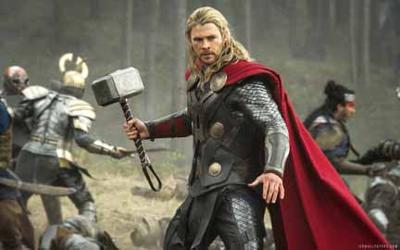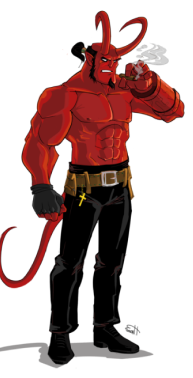In July 2025, Marvel has taken a bold narrative leap: Thor Odinson, the once-mighty God of Thunder, is now mortal. This radical storyline—unfolding in the pages of Thor: Mortal Storm #1—has shocked long-time fans, sparked intense debate across comic forums, and brought new depth to one of Marvel’s most iconic heroes. But what does it really mean for Thor to lose his godhood? And where does this arc fit into the larger Marvel Universe?
The Premise: Why Thor Becomes Mortal
The central premise of Thor: Mortal Storm is simple, yet deeply mythic: the Odinson has been stripped of his powers—not by Odin, not by Hela, and not by some cosmic accident, but by his own choice. After centuries of violence, loss, and watching mortals suffer in wars they didn’t choose, Thor lays down Mjölnir and invokes the ancient Rite of Humility—a forgotten Asgardian ritual that allows a god to relinquish their divinity and live as a human.
Writer Al Ewing, who previously redefined The Immortal Hulk, is now turning his signature blend of psychological depth and mythic grandeur toward Thor. Paired with the haunting, emotionally rich art of Esad Ribić, the first issue is both visually stunning and thematically weighty.
Thor in a Human World
Without his godlike strength, flight, or weather control, Thor must navigate the world as a man named Torben Olsen—an identity loosely borrowed from his Donald Blake days. Set in the Scottish Highlands, where Thor seeks solitude and reflection, the story follows him as he struggles with very human issues: loneliness, vulnerability, and doubt.
The stakes are no longer about saving the universe from Galactus, but about helping a small village threatened by a corrupt energy company and facing severe flooding. Thor’s hammer is replaced by a walking staff. His cape is a threadbare coat. But what he gains is perhaps even greater: the chance to truly understand the people he once protected from afar.
Exploring Identity and Purpose
“Thor Becomes Mortal” is more than a plot twist—it’s a meditation on identity, power, and what it means to be worthy. Fans will recall that worthiness has long been central to Thor’s story. But what if the test isn’t whether you can lift the hammer—but whether you can live without it?
This arc delves into that very question. We see Thor—now Torben—helping a boy search for his missing father, standing up to corporate greed, and facing physical threats with only a mortal body. Each moment forces him to redefine what makes him a hero. Is it godhood? Or the willingness to do good, even when it hurts?
The writing avoids melodrama, instead offering quiet, contemplative beats that deepen the emotional resonance. There’s also a poignant subplot involving Lady Sif, who visits Thor in disguise to remind him of the world he left behind. Their encounter is heartbreaking, filled with love, regret, and unanswered questions.
Connections to the Larger Marvel Universe
While Thor: Mortal Storm functions as a self-contained narrative, it subtly connects to the larger Marvel continuity. Hints are dropped about the ripple effects of Thor’s choice:
- In Avengers #47, Captain America mentions that “Asgard’s gone quiet.”
- In Loki: Crown of Lies, Thor’s brother takes note of Thor’s disappearance with unease—suggesting that something darker may soon awaken.
- Rumors swirl of a coming war among the realms, and without the God of Thunder, Earth is more vulnerable than ever.
These connections hint that Thor’s mortality may be temporary—but also that his human experiences may change him forever, even if he does reclaim his powers.
Fan Reaction and Future Speculation
The fan response has been passionate. Some longtime readers praise Marvel’s willingness to take risks and explore character-driven storytelling. Others worry the “Thor without powers” trope is a rehash of earlier arcs. However, most agree on one thing: this version of Thor feels real in a way we haven’t seen before.
Speculation is already brewing: Will Thor return to godhood by the end of the arc? Will he remain mortal for good? Could someone else wield Mjölnir in his absence?
The series’ tagline—“Not all storms are loud”—suggests that the transformation isn’t just physical, but spiritual. Perhaps Thor’s greatest battle isn’t with giants or gods, but with himself.
Final Thoughts
“Thor Becomes Mortal” is shaping up to be one of Marvel’s most thought-provoking and emotionally grounded stories of 2025. It strips away the spectacle without losing the magic, showing us that even gods have something to learn about humanity—and perhaps, through their humility, something to teach us in return.
Whether you’re a longtime fan of the Thunder God or new to his mythos, this arc is not to be missed. Thor may no longer summon lightning, but in Mortal Storm, he strikes with something far deeper: heart.


